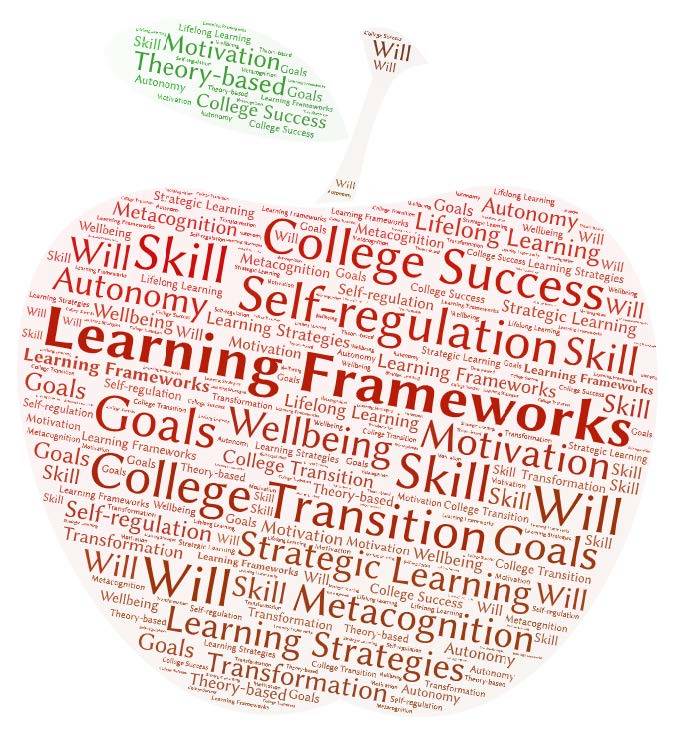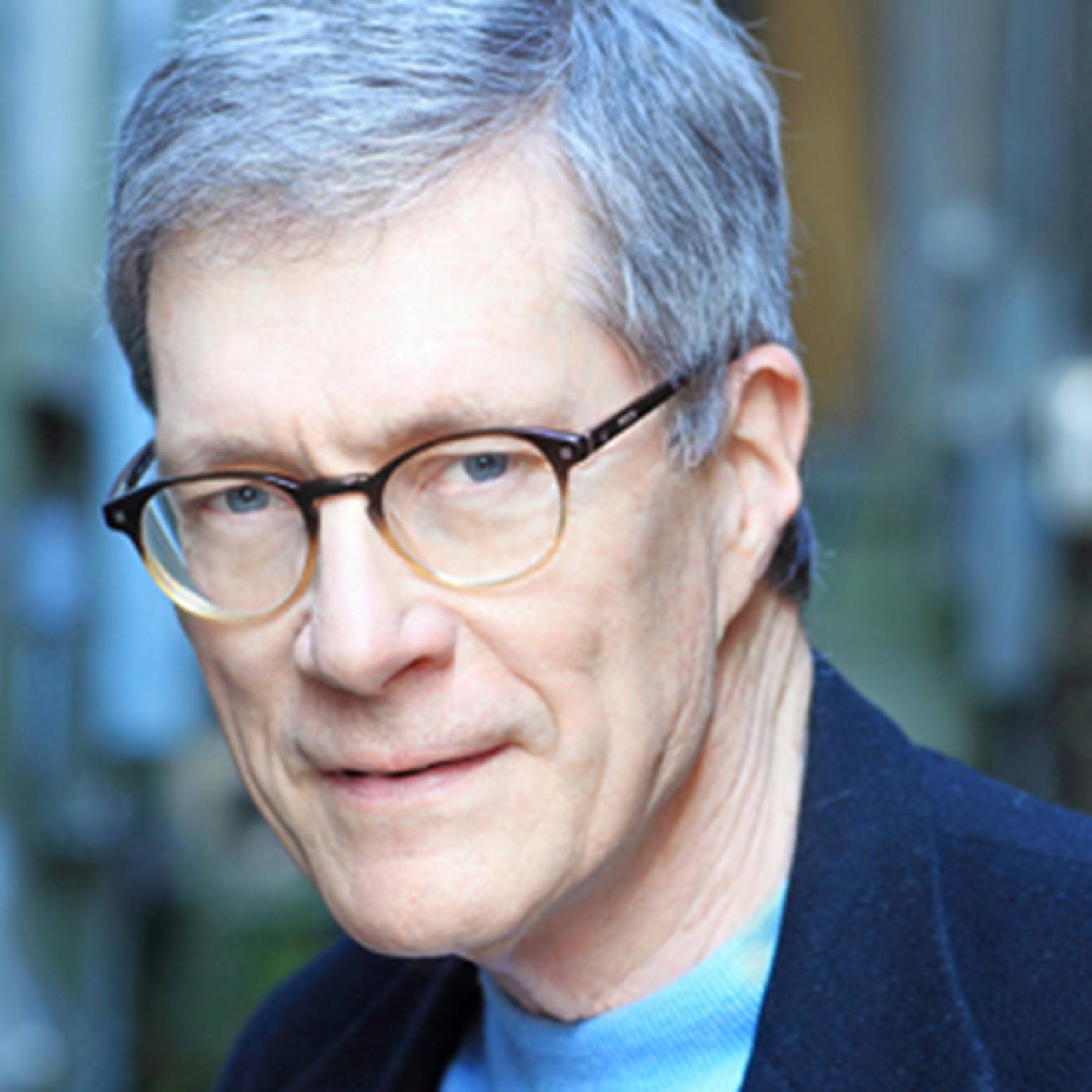2024 Symposium of Learning Frameworks Course Leaders in Texas Community Colleges
*Funded through a grant from the Greater Texas Foundation

REGISTER HERE (by Monday, July 1, 2024):
https://txstate.co1.qualtrics.com/jfe/form/SV_1Bt37UKZtiQciMu
Symposium date: Friday, August 2, 2024
Symposium time: 9:00am to 3:30pm
Location: Zoom link will be sent after registering for the Symposium
Cost: Free
Event description: The purpose of this symposium is to bring together learning frameworks course coordinators and lead faculty to discuss curricula, pedagogies, policies, and research on learning frameworks courses across Texas community colleges. Through this Symposium, participants will gain networking opportunities and both scholarly and practical knowledge related to learning frameworks courses. We are inviting each community college in Texas to register up to four learning frameworks course coordinators or lead faculty to participate in the Symposium. If your institution has multiple campuses with different learning frameworks course coordinators, we welcome up to four individuals from each of those campuses as well. Please share this invitation with the appropriate individuals.
Proposal submission (by Saturday, June 1, 2024): This year we are again inviting you to submit a proposal to present original research or a promising practice(s) in a 30-minute concurrent session relating to learning frameworks courses. To submit a proposal, fill out the information at the following link, https://txstate.co1.qualtrics.com/jfe/form/SV_e4zVEoy3saWtVDo
Symposium coordinators: Drs. Taylor Acee, Russ Hodges, and Eric Paulson.

Keynote address: Learning Frameworks for Success in College and Life: A Retrospective on Our Progress.
Keynote speaker: Dr. John N. Gardner
Biography:
John is looking forward much more to participating in your 2024 annual conference than he did to his first adult venture in Texas, namely his experience at Lackland Air Force Base in Basic and Officer Training back during the Vietnam War. After leaving Texas he was sent to South Carolina where he served as a psychiatric social worker in an Air Force hospital which in turn introduced him to teaching introductory college courses as part of his community service work. From there he transitioned to civilian life and 32 years of service to the University of South Carolina and for the last 25 years as the Co-Founder, with Betsy Barefoot, of the non-profit Gardner Institute for Excellence in Undergraduate Education.
John is best known for his leadership role in your work, namely now the 21st century versions of the curricular innovation and intervention that was first offered in the 1880’s: the first-year seminar. Of relevance to your work, his most important contributions to your work have been the leadership of the gold standard first-year seminar, University 101, at the University of South Carolina; and his founding there of the National Resource Center for The First-Year Experience and its series of First-Year Experience conferences. Those of you who engage in “Learning Frameworks” are then inheritors of this long tradition of trying to maximize even more of the potential benefits of this learning experience which can be positively transformative for students, instructors, and their institutions.
Gardner has been engaging with this course concept for 52 years and will draw some lessons learned from this saga. He will relate what has been the secret sauce of the effectiveness of this curricular genre with particular attention to the role of faculty. He is persuaded that the dynamics of our country, your state, and especially the needs of your students suggest your work is more needed than ever. It will be an honor to speak to and with you.
Symposium Schedule Friday, August 2, 2024
| Time (CST) | Title | Presenter |
|---|---|---|
| 9:00 - 9:30am | Welcome, Overview of the Symposium, and Icebreaker Exercise | Drs. Taylor Acee, Russ Hodges, and Eric Paulson, Texas State University |
| 9:30 - 10:20am | Supporting Community College Student Success through Learning Frameworks Courses in Texas | Dr. Taylor Acee et al. Texas State University |
| 10:30 - 11:00am | 30-minute Concurrent Sessions | Session 1 Re-Designing SLOs for Learning Frameworks Heather Syrett, Dr. Amber Sarker, & Edgar Granillo (Austin Community College) In Fall 2021, the General Studies and Student Development Department at Austin Community College launched a comprehensive redesign initiative covering Course Student Learning Outcomes (SLOs), the Master Syllabus, and the Course Template for EDUC 1300/1200/1100. Developed collaboratively by a faculty workgroup, these enhancements, based on Weinstein’s Model of Strategic Learning, gained approval from the Department Taskforce and ACC’s Curriculum and Program Committee in Fall 2022. Following a successful pilot in Spring 2023, the full integration of revised SLOs, Master Syllabus Guide, and Instructor Resource Template debuted in Fall 2023. Join us for a presentation highlighting the journey and results of this transformative redesign. Moderator: Lori Wischnewsky |
| Session 2 Excellent Instructors at Lightening Speed: New Faculty Onboarding Dr. Kara Mowrey & Julie Engel (San Antonio College) Like many community colleges, San Antonio Colleges relies heavily on adjunct faculty. Hiring, training, and supporting new faculty is a challenge. This presentation will focus on the onboarding of new faculty which is particularly important as the trend continues to have a significant number of courses be taught by adjuncts. To ensure that all students receive excellent instruction, it is important that we onboard, train, mentor, and support new faculty. We will explain our process for ensuring that all new faculty have the tools, information, and professional development needed to meet our high expectations and excel their first semester. Also included will be measurable outcomes for new faculty satisfaction and the impact on student success rates. Moderator: Dr. Jonathan Lollar | ||
| Session 3 Promoting Undergraduate Research: Experiential Learning in a Learning Frameworks Honors Course Dr. Erica Powell & Dr. Andrea Hathcote (Tyler Junior College) Freshmen participating in the Tyler Junior College Honors program are required to write a research proposal as 50% of their grade in Learning Framework Honors. This assignment utilizes experiential learning to explore the process of academic research. Professors guide the students through each step in the writing process, often co-teaching or guest lecturing in each other’s courses based on their areas of expertise. Students are encouraged to seek feedback from multiple professors across campus as they develop their topic. The research proposal is a cohesive part of the Honors curriculum as it spans 3 courses: Learning Framework, Colloquium, and Capstone. The project culminates in an informal poster session where students receive both peer reviews and feedback from invited outside professors, administrators, and staff. Data has been collected over 4 years using a pre-test/post-test design that queries students in three categories: a) belonging, b) confidence, and c) knowledge. Moderator: Giovanna Lorenzi Pinto | ||
| 11:15 - 11:45am | 30-minute Concurrent Sessions | Session 4 Developing an OER Textbook for EDUC 1300 Julie Engel & Dr. Kara Mowrey (San Antonio College) Presenters will share how our discipline designed and created an OER Textbook for a high impact course to address the increasing cost of textbooks for our students. The process included determining the content, finding sources, editing, and sharing with faculty and students. We will also share our experience of partnering with a publisher to ensure proper publication and distribution for students. Discussion of the challenges and benefits will be included. Moderator: Giovanna Lorenzi Pinto |
| Session 5 Characteristics of the Unsuccessful Learning Framework Student: Instructor Surveys and Opinions Dr. Sharon Eaves & Leah Derks (Collin College) There are numerous documented reasons why students are unsuccessful in college, including internal characteristics (e.g. lack of resilience or preparation) and external circumstances (e.g. lack of social support from family, professors, and/or peers). We are researching which factors are the most central to unsuccessful performance and how those factors might be addressed. The purpose of this study was to identify factors from the instructors' perspectives that led to unsuccessful course performance in Learning Frameworks, Developmental Math and Reading/Writing courses, defined as a final course grade of D, F, or W, from the course. Moderator: Dr. Jonathan Lollar | ||
| Session 6 Teaching Neurodivergent Students in Learning Framework Courses: Theories, Strategies, and Teaching Tips Lori Wischnewsky (Texas State University) With more neurodivergent students matriculating to higher education, there is a need for greater understanding and awareness of the needs of this growing population. In this session, we discuss ways to support neurodivergent students through learning framework courses. This session includes a brief overview of the neurodiversity movement and the learning support needs of neurodivergent students. Then, we delve into the learning theories that address the main concerns of neurodivergent students (e.g., motivation, self-efficacy, and attribution theory), what learning strategies neurodivergent students often cite as most helpful and end with practical teaching tips for reaching neurodivergent students. Moderator: Zohreh Fathi | ||
| 11:45am - 12:30pm | Lunch Break | |
| 12:30 - 1:15pm | Keynote address | Dr. John N. Gardner, Founder and Executive Chair of the John N. Gardner Institute for Excellence in Undergraduate Education, Founding Director and Senior Fellow of the National Resource Center for the First-Year Experience and Students in Transition, and Distinguished Professor Emeritus of Library and Information Science University of South Carolina |
| 1:15 - 1:45pm | Question-and-Answer Session with Dr. John N. Gardner | Dr. John N. Gardner |
| 2:00 - 2:30pm | 30-minute Concurrent Sessions | Session 7 Shop Local Stories Mark Solis (Lee College) As educators, we constantly seek ways to engage our students and make our curriculum relevant. Often, we turn to the narratives of famous and well-accomplished individuals, using TEDTalks and renowned speeches to inspire. However, what if we sourced our stories "locally"? What if we used stories from our own communities, our own students, and our own life experiences? By focusing on the experiences of our students and those they can relate to, we create a more resonant and meaningful learning environment. This presentation will explore how using student and community stories, along with cultural narratives, can connect with topics like Yosso's Cultural Wealth, making lessons more impactful as we rely more on story than spectacle. Moderator: Lori Wischnewsky |
| Session 8 Metacognition's Role in Successful Use of Learning Strategies Dr. Jonathan Lollar (Texas State University) One of the main focuses of learning-to-learn courses is to instruct students on the use of learning and self-regulatory strategies. Although these strategies can be impactful for student success, there is much more to successfully using these strategies than simply knowing the steps. To accurately use most learning and self-regulatory strategies, students must have strong metacognitive abilities. Thus, metacognition is foundational for students to understand and exercise in learning-to-learn courses. In this session attendees will learn about the history, theories, and research surrounding metacognition; as well as practices for assisting students with exercising their metacognitive muscles to better enhance their use of popular learning and self-regulatory strategies. Moderator: Giovanna Lorenzi Pinto | ||
| Session 9 Financial Planning and Budgeting - An Assignment for Learning Framework Students Valerie Holland (Lee College) I intend to address financial planning as an assignment or focus in Learning Framework courses. We will discuss how students organize a spreadsheet and begin to budget their financial needs. This assignment allows students to plan for their financial future. This real-world financial planning assignment through budgeting has been found to be one of the most beneficial assignments in my course for those who are dual-credit students who are clueless of financial costs expanding to my students who are coming back for the first time in some time and who have been paying real-world bills. All students can find value in this assignment, and through this course, we can get our students ready for financial stability! Moderator: Zohreh Fathi | ||
| 2:45 - 3:15pm | Open Discussion: Sharing Learning Frameworks Best Practices | All symposium attendees and presenters |
| 3:15 - 3:30pm | Wrap up, Next Symposium, and Future Directions | Dr. Taylor Acee et al., Texas State University |